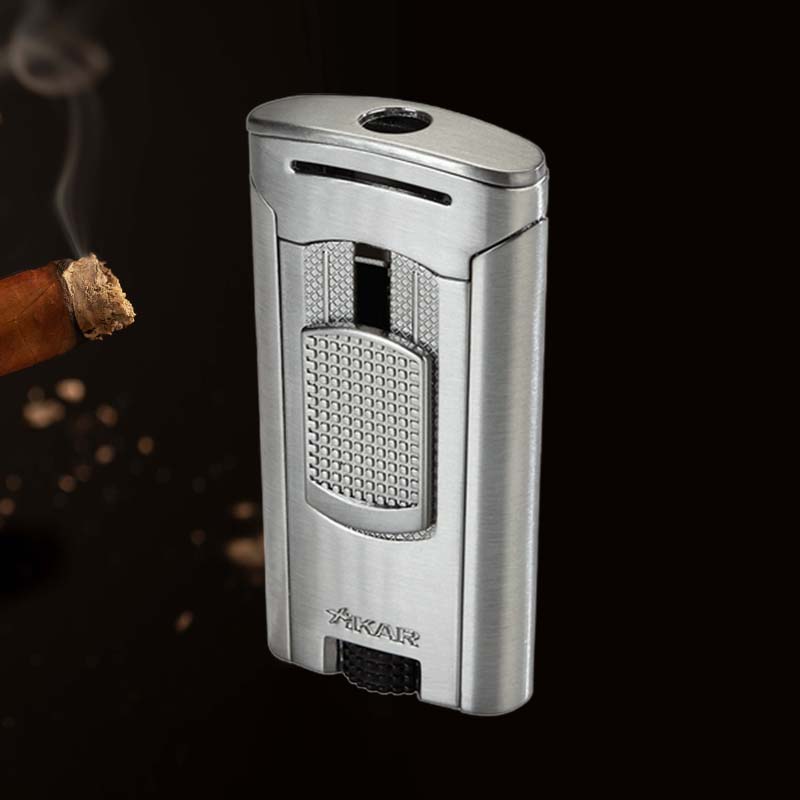Special blue torch won't ligh
As an avid cigar enthusiast, there’s nothing quite as disheartening as preparing to ignite my favorite cigar only to find that my special blue torch won’t light. It’s a moment filled with frustration, especially when you’ve meticulously chosen the perfect cigar for the occasion. Over the years, I’ve encountered this problem multiple times, leading me on a quest for solutions. In this article, I’d like to share my experiences and tips on troubleshooting this common issue.
Troubleshooting Your Special Blue Torch
Understanding Common Issues
Over time, I’ve come to realize that many issues can lead to my special blue torch failing to ignite. These problems often stem from improper maintenance or quality issues with the fuel. It’s essential to approach troubleshooting by examining each potential factor systematically. Here are some of the most common issues I’ve encountered:
- Empty Butane Tank
- Ignition Mechanism Failure
- Fuel Quality Concerns
- Flame Setting Misadjustment
- Clogged Burners
- Air Issues in Fuel Lines
- Temperature Fluctuations
Check the Fuel Level

Butane Lighter Tank is Empty
The first step in any troubleshooting process is to check the fuel level. I can’t tell you how many times I’ve experienced the panic of an empty tank right when I’m ready to light up. Most butane torches are transparent enough that you can see the fuel level. If it’s low or empty, simply refill it, making sure to use high-quality butane.
Inspect the Ignition Mechanism

Troubleshooting the Igniter
If the fuel level is fine, the next step is inspecting the ignition mechanism. I’ve often found that the igniter can become clogged or damaged over time. Examining it closely can reveal if there are any physical obstructions or if it simply needs a replacement.
Try to Ignite but No Spark
If I press the ignition button and hear nothing, it’s incredibly frustrating! In this case, I always check the connection between the igniter and the fuel. Loose connections can prevent that all-important spark from happening.
Assess Fuel Quality

Use High-Quality Butane
The quality of the butane I use can drastically affect performance. I personally always opt for premium blends to ensure optimal ignition and flame consistency. Low-quality fuel may contain impurities that can clog the torch or affect the igniter’s performance.
Evaluate the Flame Settings
Need to High or Low your Fuel Adjustment
Sometimes, I’ve found that my flame settings are incorrectly adjusted. The fuel adjustment knob should be set appropriately based on what I’m lighting. If it’s too low, no flame will appear, but if it’s too high, the flame may not stabilize.
Adjust Flame Height
Getting the flame height just right is pivotal. If I’m lighting a larger cigar, a higher flame is preferable, while smaller cigars often require a lower flame to avoid burning too quickly. I always ensure my flame height is suitable for the task at hand.
Check for Blockages

Burners get Clogged
Clogs in the burner are another common reason behind a stubborn torch. I recommend inspecting each burner for any signs of blockage carefully. Dust, debris, and leftover fuel can all obstruct the flow of gas. A thorough cleaning can work wonders!
Clean the Jets
Regular cleaning of the jets is a habit I’ve cultivated to prolong the life of my torch. Using compressed air to blow out any potential clogs has made a significant difference in performance.
Address Air Issues in Fuel Lines
Air Trapped In Fuel Lines
Air trapped in the fuel lines can be a sneaky culprit. If my torch still refuses to light, I ensure that there are no air bubbles in the line by gently tapping it or adjusting the settings to allow for smoother fuel flow.
Bleed the Tank Before Refilling
Before refilling, I’ve learned to bleed the tank properly. This means releasing any pressure or air trapped, ensuring that the new fuel fills up without hindrance. It’s a small step that can save a lot of headaches!
Temperature Considerations

Wait for Your Lighter to Warm Up After Refilling
The temperature can drastically affect butane performance. After refilling, I always allow my torch to warm up for a few minutes. I find this simple practice increases the chances of a reliable ignition.
Maintenance Tips for Longevity

Clean Your Lighter Regularly
To avoid further frustrations, I make it a point to clean my lighter regularly. A clean torch not only performs better but also lasts longer. With just a small amount of time dedicated to maintenance, I can enjoy my cigars without worry.
Conclusion and Final Thoughts

And Lastly…
Dealing with a special blue torch that won’t light can be frustrating, but with the right approach, it’s often a solvable problem. By following my tips and understanding the common issues, I’ve found that it is possible to keep my torch performing at its best. Enjoying a cigar becomes that much sweeter when I know my torch is in tip-top shape!
FAQ
Why is my special blue butane torch not lighting?
Your special blue butane torch might not be lighting due to an empty fuel tank, clogged igniter, or air trapped in the fuel lines.
Why is this torch not lighting up?
If your torch isn’t lighting up, check for fuel quality, blockage, and ensure the igniter and connections are functioning properly.
Why is my torch not igniting?
In most cases, a torch failing to ignite may be due to low fuel levels, clogged burners, or improper settings.
Why is my torch hissing but not lighting?
A hissing sound indicates that gas is escaping, but it may not ignite due to blockage, an issue with the igniter, or the flame adjustment being too low.
